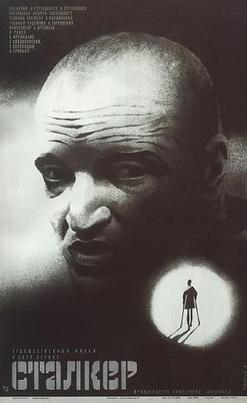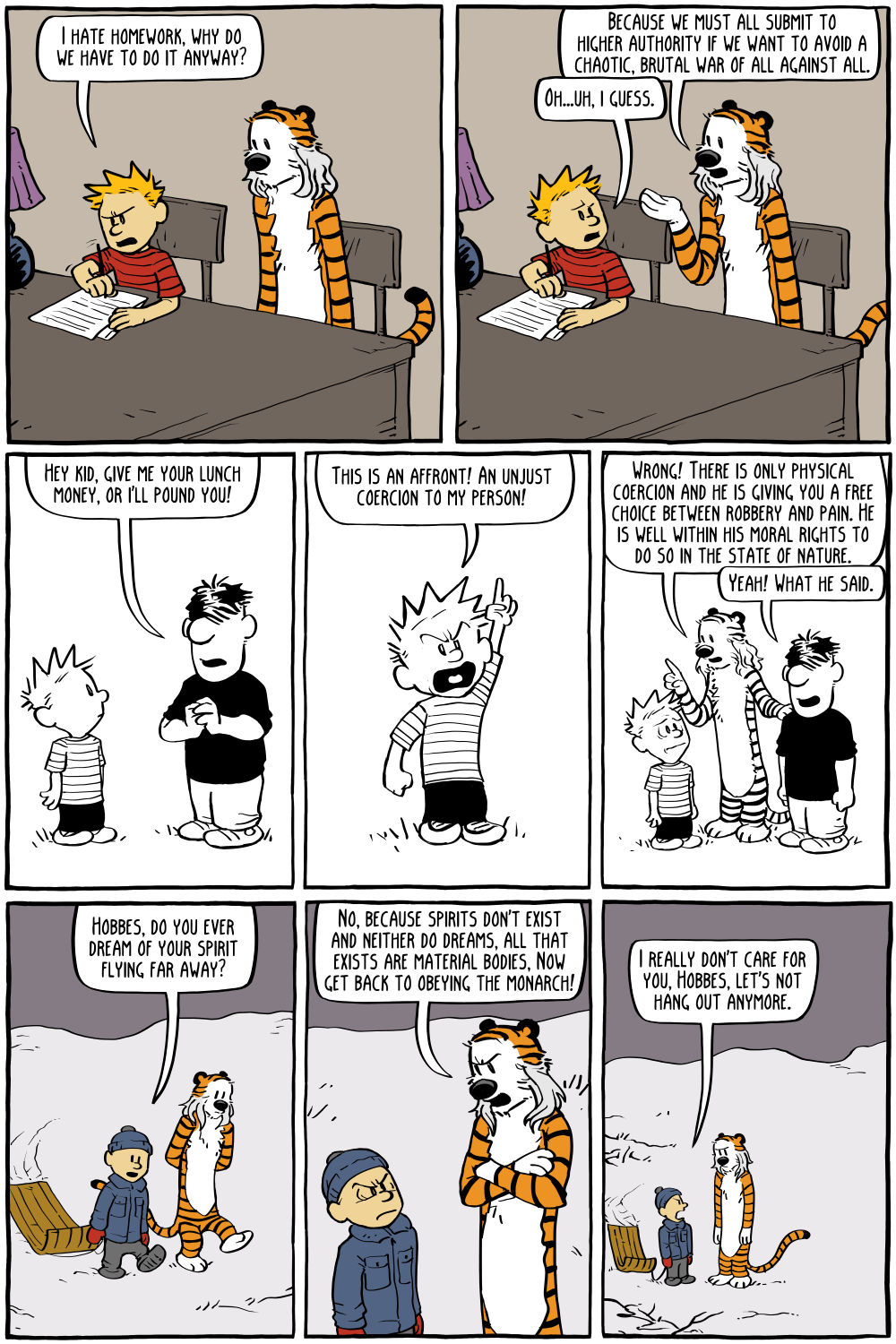Have you read the manga? It's quite a trip.
Nacarbac
They aren't really. I mostly adlib from a basic skeleton scenario, and they aren't crazy murderhobos, so they tend towards peaceful resolution to a lot of problems and most of them don't really care about combat, preferring interesting exploration.
But that's one of the in-setting advantages to the generic-ish fantasy landscape (in this case, a rough mishmash of GURPS fantasy settings and Invisible Cities), the ability of organisations to monitor territory is sharply limited, and the primary enemy comes from dungeon locations that have no force projection or allies.
Oh, wait, actually the Swashbuckler is having a tough time - they're an agile unarmoured type, and every time they do their thing and charge at the biggest monster to effortlessly stab it in the eyes they get a really unlucky Dodge roll and are one-shot into the ground.
Youkai are anthropophagous by nature, so they might generally need a bit of actual flesh/death in their diet.
That proportion can probably be reduced or even eliminated as they redefine their mythological identity from old-fashioned maneaters drawing fear from their prey, to instead drawing power from the people who are terrified of vegans.
In fact... as humans may transition into Youkai through desire or prowess, and the richest sources of superstitious fear to consume in the modern world comes from reactionaries in general, I posit that Hexbears are a kind of Youkai! Posting is danmaku and emotes are spellcards! This is further evidenced by our frilly hats, heavy drinking, and occasional cannibal murders.
Not written by a marxist, but the TTRPG setting Transhuman Space, has essentially this within the Solar System. By 2100, advanced biotech and AI allow space colonization, with China dominating Mars and Weird Space AnCaps infesting the asteroid belt to do biological crimes. It manages to be fairly neutrally presented.
An example from the setting encyclopedia:
Nanosocialism
This was a political philosophy developed (under then name “information socialism”) by the Australian academic Kyle Porters in 2034. Originally from the left-anarchist tradition, Porters felt that the vision of a pure anarchosocialist society was unrealistic. Nevertheless, he observed that although modern civilization was utterly dependent on information technologies, the central notion of “intellectual property” often gave rise to significant injustice. He believed that only the state could properly reward innovation, while still distributing the benefits of such innovation fairly to all.
Infosocialism thus began with the premise that “information needs to be free,” but redefined freedom as the nationalization of intellectual property and its free distribution by the state. Thus, the government does not award patents, but subsidizes research and creative endeavor. This is less absurd when one imagines a “university” rather than “corporate” model of research and development.
Infosocialist doctrine failed to take hold in the hyperdeveloped nations and instead took root in less-developed nations, many of whom felt that they were being exploited by wealthier corporations’ locks on major genetic patents, nanotechnology designs, and software systems. Infosocialism – later known as nanosocialism – gained power in Peru, Indonesia, and Thailand.
One of the policies of nanosocialism was an end to the enforcement of international copyright agreements and trademarks. The sanctions that resulted provoked a backlash, and helped weld the nanosocialist countries into a tighter (and increasingly paranoid) bloc. This culminated in the Pacific War and the overthrow of nanosocialist governments in Vietnam and Thailand.
Despite that reverse, nanosocialism remains an important factor in world politics. There are infosocialist or nanosocialist parties and sympathizers in most nations. Although Thailand was forcibly separated in the aftermath of the Pacific War, nanosocialist strength is growing in South America and in India. At present, the situation is one of “cold war.” The issues that led to the Pacific War have not yet been resolved. Meanwhile, the world has seen its first outbreak of total war since 1945 – and most nations have become uncomfortably aware of how vulnerable they are to the destructive potential of the Fifth Wave.
Watching TOS for the first time just now and (as you say, grading on a curve) I'm greatly enjoying it.
Even though I frequently disagree completely with the cast, the way that they're able to discuss alternate philosophies, change their minds through experience, and admit to being unhappy when their solution is imperfect - it shouldn't come across as refreshing as it does.
And it's just fun whenever Spock goes smash and starts crumpling props.
Stalker may fit. It's not a scary movie, but I think it could be considered existential horror - though not quite in a tragic or hopeless sense.

Best way would be to just read the Dao De Jing (essentially a short collection of poetic philosophical points), which is the core text, and then the Zhuangzi (a larger text created over centuries, expanding on the topic with various characters - quite humorous). With the latter, being the product of dozens of authors, in a few chapters you can feel the philosophy being bent towards "actually, political hierarchies and wealth disparity are natural law and therefore cool", but they rather stand out.
Ursula Le Guin's translation is my favorite, but the differences between translations are interesting - both texts have a lot of fun with the ambiguity of language.
Given the absurd cash incentive I wonder if that's just an actual scam (well, slightly more of a scam) where they split the 8k to hire someone to be a date.
Possibly part of his techbro fetishisation of immortality. Get the NPCs to crash test the implants and speed development, then something something, post-singularity godmind ruler of the internet (who the meatspace slaves all think is Really Cool because of their nerve staples).
That's why you hack the printers to make the turret installation blueprint come out upside-down.
The Existential Comics dude is way ahead of us.

A glimpse under the hood of a large language model trained on 4chan.